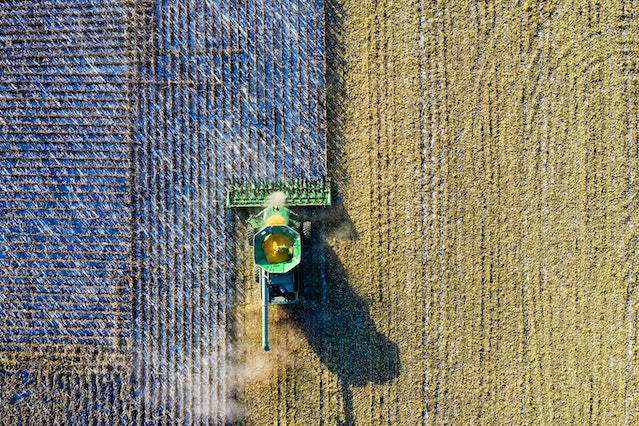Recent advances in science and technology have sparked a major revolution in agriculture. One such innovative invention is the use of peptides in agriculture. These tiny compounds, widely found in cosmetics and pharmaceuticals, are now gaining traction in agriculture.
For those wanting to take advantage of this opportunity, you can buy peptides specifically created for agricultural use. This article will delve into using peptides in agriculture and discover their future potential.
Understanding Peptides
Peptides, or short sequences of amino acids, play important roles in many biological processes. They are signalling molecules and are essential for regulating cellular functions. Scientists are investigating how to apply this unique ability in agriculture, where it is essential to control plant growth and defensive mechanisms carefully.
Boosting Crop Yield
One of the most exciting applications of peptides in agriculture is increased harvests. Researchers have developed unique methods to boost plant growth and development by developing synthetic peptides that mimic natural plant hormones. These synthetic peptides can increase fruit and blossom production while promoting plant root development. This development could boost agricultural output and solve food security concerns worldwide.
Defence Against Pests and Diseases
Peptides have a lot of potential for protecting crops from diseases and pests. Concerns regarding produce residues harmful to consumers and the environment have arisen due to traditional pesticide use. As a result, the use of peptides offers a sustainable solution.
The discovery of antimicrobial peptides, which can effectively combat several illnesses, has reduced the demand for chemical pesticides. Some peptides act as natural insect repellents and surround plants with a protective barrier. This approach protects crops while promoting sustainable farming practices.
Environmental Benefits
The increasing importance of sustainability and environmental preservation is aligned with using peptides in agriculture. Compared to chemical fertilisers and pesticides, peptides have less of a harmful impact on the environment.
Long-term environmental harm is less likely because they naturally disintegrate and do not accumulate in the soil or water. The preservation of our planet’s delicate ecosystems depends on this eco-aware technique.
Challenges and Future Potential
Despite the potential of peptides in agriculture, several problems still need to be fixed. The cost of producing peptides is a substantial barrier. Peptides are less accessible to small-scale farmers because of their high synthesis costs. However, ongoing research aims to develop inexpensive production methods to democratise its use in agriculture.
Another challenge is the regulatory environment for peptide-based agricultural products. These recent developments require clear guidelines and safety assessments to ensure the right use of peptides in farming.
Final Note
As a result, how we think about farming will fundamentally change due to the use of peptides in agriculture. These tiny compounds boost crop yields, defend against pests and diseases, and promote sustainable farming practices. As the world struggles to feed a growing population while minimising environmental impact, peptides offer hope.
Businesses like Lotilabs have become industry leaders in peptide research and production for those looking to use peptides in agriculture. Due to their expertise and commitment to sustainability, Lotilabs is driving the agricultural peptide revolution.

